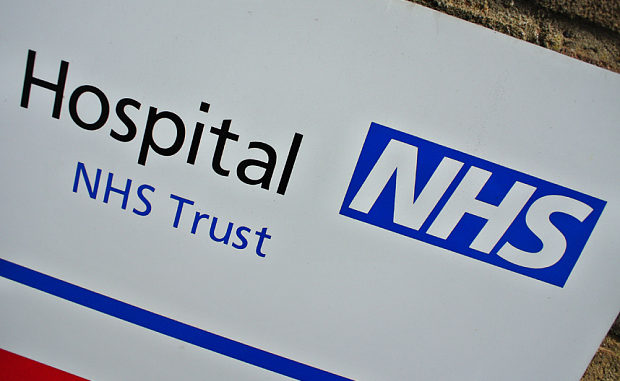
You would think that the prospect of losing a patient was motivation enough to encourage the most thorough diagnosis and treatment of a sick person. However, from April the government could now impose fines upon hospitals if they do not treat or recognise sepsis (a condition where the body responds poorly to a bacterial infection and attacks its own tissue and organs), early enough.
A little knowledge is a dangerous thing…
Earlier this week, health secretary Matt Hancock seemed to infer that staff had been negligent in their care for those with sepsis. Nobody wants to witness a sudden death. Doctors and nurses in our NHS face this in their job and many suffer the repercussions, often with minimal support. Every day staff in the NHS go above and beyond to care for patients in an underfunded system. Yet Hancock showed his ignorance and lack of forethought when he tweeted:
“Sepsis kills over 52,000 [people] every year – each death a preventable tragedy. So we’re introducing new guidance to use data to identify and treat sepsis faster – and save more lives.”
This tweet understandably prompted a backlash from medical professionals who pointed out that, contrary to his assertion, not all sepsis deaths were preventable, and that he had made unrealistic and therefore unfair assertions. In response to this outcry Hancock subsequently tweeted out admitting he had not been clear, but crucially did not retract his previous assertion about how sepsis was always preventable:
“Thanks for all the replies to my tweet on tackling sepsis. To be clear; my point is that we can and must change the *system* to tackle sepsis. That’s my job and why I’m unapologetically focused on it, even though it takes time. Blaming individuals is wrong and counter productive. And we’ll never get it right until clinicians don’t feel that’s what happens. Instead we need to *learn* together and tackle the blame culture in the NHS.”
Somewhat ironically in trying to address his faux pas, Hancock still neglected to apologise for his previous inference that staff were not working hard enough, which has left many puzzled and further disaffected with his ‘leadership’.
Robbing Peter to pay Paul
No one is disputing the fact that there should be rigorous checks and balances in spotting the signs and monitoring this condition. It is after all a deadly illness which kills thousands of people a year in this country alone. That being said, how is imposing financial penalties on trusts for failure to deal with a case positively, the answer? How is taking money away from other areas of patient care an appropriate way to try and safeguard lives?
The cynical amongst us may say it is yet another attempt to denigrate the NHS, impose fines and run the system down in the public eye, in order to privatise it. Arguably in many cases the prime reasons why the early signs of sepsis are not spotted are late presentation, lack of capacity in primary care and lack of capacity in hospital staffing, where admitted patients require careful monitoring. The effects of fines on hospital trusts who are already heavily in debt only serves to exacerbate this situation – not to cure it.
No one wins when such blame-laden, punitive systems are enforced. Trusts are already fined for breaching targets, and these penalties can run into £millions. Patients do not get their lives back, doctors and nurses do not regain their mental health and, although there may be renewed impetus to treat the condition, the NHS will surely suffer still further overall.
Samantha Wathen. Press and Media Officer for Keep Our NHS Public

Leave a Reply